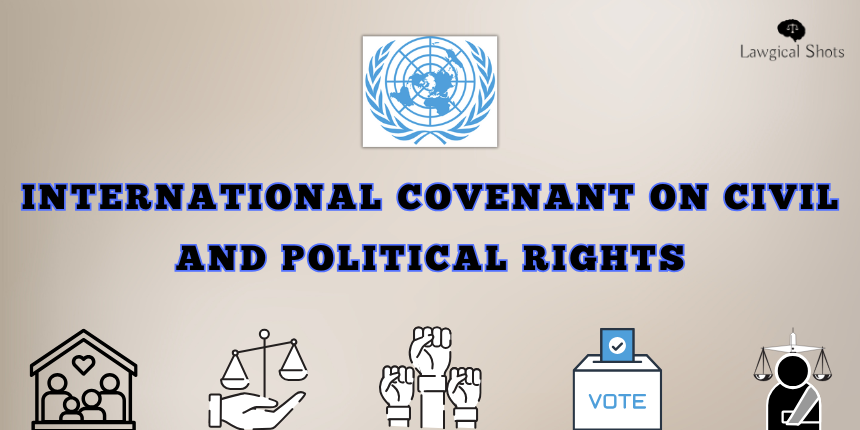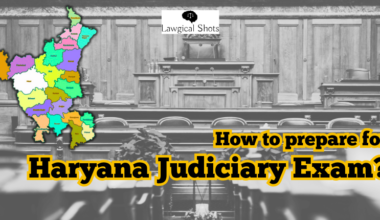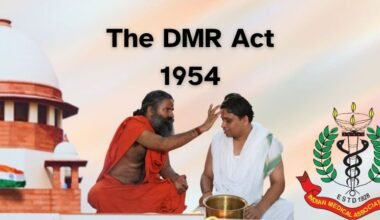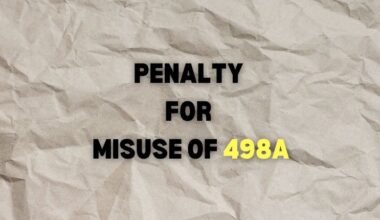When we talk about human rights, the Universal Declaration of Human Rights is unmissable. However, those who have studied are aware that the UDHR is a mere declaration, and there is no procedure to go with when Countries refuse to respect the rights mentioned there. That is why the need was felt for something which brings force to the human rights under UDHR. That is how the International Covenant on Civil and Political Rights (ICCPR) came into being. Here, we address the international document and explain the various provisions under the ICCPR Articles to extend a better and easy understanding of the law.
International Covenant on Civil and Political Rights Notes
Introduction to ICCPR
The International Covenant on Civil and Political Rights was adopted and opened for signature by the General Assembly on December 16, 1966. The ICCPR came into force after 10 long years on March 23, 1976. As the term suggests, the Covenant recognizes inherent dignity with equal and inalienable rights of the people, founded upon freedom, justice and peace. Thus, the ICCPR presses upon Civil and Political Rights in accordance with the Universal Declaration of Human Rights. It obliges the States to promote universal respect for human rights and freedoms.
ICCPR Articles Summary and Explanation
Part I (Article 1) – Right to Self Determination
Quick Law
Everyone shall have the right to personal and overall development.
Explanation
ICCPR grants all the people the right to self determination. People enjoy the right to freely determine their political status and right to pursue economic, social and cultural development. They have the right to freely dispose of their natural wealth and in no way be deprived of their own means of subsistence. Governments are also obliged to respect people’s right to self determination.
Part II (Articles 2 to 5) – Right to Equality and Rule of Law
Quick Law
People have the right to equality and equal protection of laws. The States have the duty to ensure a strong and supportive legal system. They cannot discriminate among the people or take away their basic civil and political rights, even in case of emergencies.
Explanation
Article 2 of ICCPR extends the right to equality for all. It restricts any kind of discrimination based on race, colour, sex, language, religion, political/other opinions, national/social origin, property, birth or other status. It further requires the States to provide effective remedy for violation of civil and political rights, and also to assure a competent legal system. Article 3 further strengthens the rule of law keeping men and women at the same pedestal with equal rights. In case of State or National Emergencies, Article 3 prohibits any discrimination by the governments, and deems to assure basic human rights to be available for the people. The Covenant under Article 5 requires the States to make sure that there is no destruction of rights and freedoms granted to the people under the ICCPR.
Part III – Articles 6 to 27 – Civil and Political Rights
Quick Law
Everyone enjoys the basic human rights including right to expression, religion, while not being subjected to torture, or any arbitrary treatment by those in power, who in turn are elected from among the people.
Explanation
Part III of the International Covenant on Civil and Political Rights is all about . Article 6 extends to everyone the right to life, requiring death penalty only in most serious crimes, and the right to pardon/commutation in case of death sentence. The provision restricts death sentence for minors and pregnant women. Article 7 and 8 in turn restrict any kind of torture/slavery/servitude/forced labour. Article 9 brings right to liberty, prohibiting arbitrary arrests and detention, requiring the authorities to duly inform the arrested person about the charges and also be produced before the Judge within a reasonable time frame. Anyone arrested/convicted still deserves humane and dignified treatment as per the ICCPR Article 10. It requires juveniles to be kept separately from adults, and accused separate from convicts.
The Covenant says NO to imprisonment in case of failure in contractual obligations through Article 11. People enjoy the right to movement within the State territory and also have the right to choose residence. They have the right to leave a country and enter their own country under Article 12. On the other hand, Article 13 states that an alien/foreigner who entered the country through lawful means may be expelled as per the applicable laws, unless there is threat to national security, etc. Article 14 requires equality before law, seeking public hearing in Courts. Coming to the burden of proof in criminal cases, Articles 15 to 17 provide for a person to be presumed to be innocent until proven guilty. The accused person has the right to be defended by a chosen counsel, among other rights of fair trial against double jeopardy, ex post facto and self incrimination. Article 18 extends to everyone the right to religion, and makes States duty bound to respect the rights of parents/legal guardians to decide religious and moral education for children as per their own convictions. Article 19 extends the people’s freedom of expression.
Article 20 prohibits war, or any kind of hatred, be it national, racial, or religious. Article 21 extends the right to peaceful assembly, and Article 22 discusses the right to association or Trade Unions. People have the right to protection of family and marriage under Article 23, and the State has been obliged to extend protection and ensure equality of rights for married spouses. Article 24 entitles minors the right to protection by family, society and State. Article 25 provides for Universal Adult Suffrage and right to vote in a democracy. Article 26 promotes equality before laws. At last, Article 27 extends the right to community and culture for minorities in a State.
Part IV – (Articles 28 to 45) – Human Rights Committee to enforce ICCPR
Quick Law
The International Covenant on Civil and Political Rights brings textual civil and political rights in UDHR in motion through a Human Rights Committee.
Explanation
Article 28 lays about the establishment of a Human Rights Committee (HRC) consisting of 18 members, who are nationals of State Parties and elected from among them only. The members serve in their personal capacity, which means that once elected, they do not represent their nation but the HRC. Articles 29 to 32 state the procedure for election of HRC members. In case of vacancy due to a member not functioning, resigned or dead, the process to be followed is stated under Articles 33 and 34. Members receive emoluments from the UN resources, while the Secretary General of the UN provides necessary staff and facilities for the HRC functions as per Articles 35 and 37. While Article 37 requires an initial meet at the UN Headquarters, the rest of meets may be held at the Headquarters or the Geneva Office of the UN. The tenure of HRC members is 2 years once they declare to function impartially and conscientiously, with a quorum of 12 members and majority of members present leading to decisions as per Articles 38 and 39.
State parties are required to submit a report on adoption of measures as per the International Covenant on Civil and Political Rights within 1 year, and further whenever the HRC requires, and the HRC may comment after studying the said report (Article 40). It is important to note that one State may communicate or declare about another State not fulfilling its obligation under the ICCPR only after declaring its own competence under Article 41. In such case, HRC may hold closed meetings, examine communication regarding implementation of the Covenant. There is a detailed process to be followed for resolution of the matter as per Article 42. Article 43 entitles the HRC members to facilities, privileges and immunities of experts on mission of the UN. Article 44 restricts any obstruction in implementation of ICCPR or settlement of disputes. Article 45 requires the HRC to submit an annual report to the UN General Assembly.
Part V (Article 46 to 47) – Nothing in ICCPR not to impair but strengthen rights
Quick Law
Nothing in ICCPR to Impair UDHR or any other provision. People are entitled to fully enjoy their natural wealth as against any negative interpretation of ICCPR.
Explanation
Article 46 restricts any interpretation of ICCPR impairing the provisions of the UDHR or any other document defining responsibilities of various UN organs and specialised agencies. It further restricts any interpretation of the International Covenant on Civil and Political Rights impairing inherent rights of people to enjoy and utilize their natural wealth and resources.
Part VI (Articles 48 to 53) – ICCPR a Live Document
Quick Law
ICCPR is open for signature, ratification and accession, also subject to amendments, which is followed by adoption by the State Parties accepting them..
Explanation
Article 48 marks that the Covenant is open for signature, ratification, accession by any State member of UN or its specialised agencies, etc. All such instruments of signature/accession/ratification to be deposited with the Secretary General of the UN. Article 49 requires the ICCPR to come into force within 3 months of the date of deposit of the 35th instrument of ratification/accession. Article 50 makes it clear that the provisions of the International Covenant on Civil and Political Rights extend to all parts of federal States, putting on the backseat any kind of limitations or exceptions.
Article 51 entitles the State parties to propose amendment to the ICCPR with the UN Secretary General. If 1/3rd of State Parties favour a conference and if an amendment is adopted by majority is submitted for approval by the General Assembly and accordingly come into force to be binding upon States accepting them. Article 52 requires the UN Secretary General to notify the States about any signatures/ratifications/accessions, date of coming into force of the Covenant and the date of amendments as well. At last, Article 53 states about the deposit of ICCPR Chinese, English, French, Russian and Spanish texts in the UN Archives.








